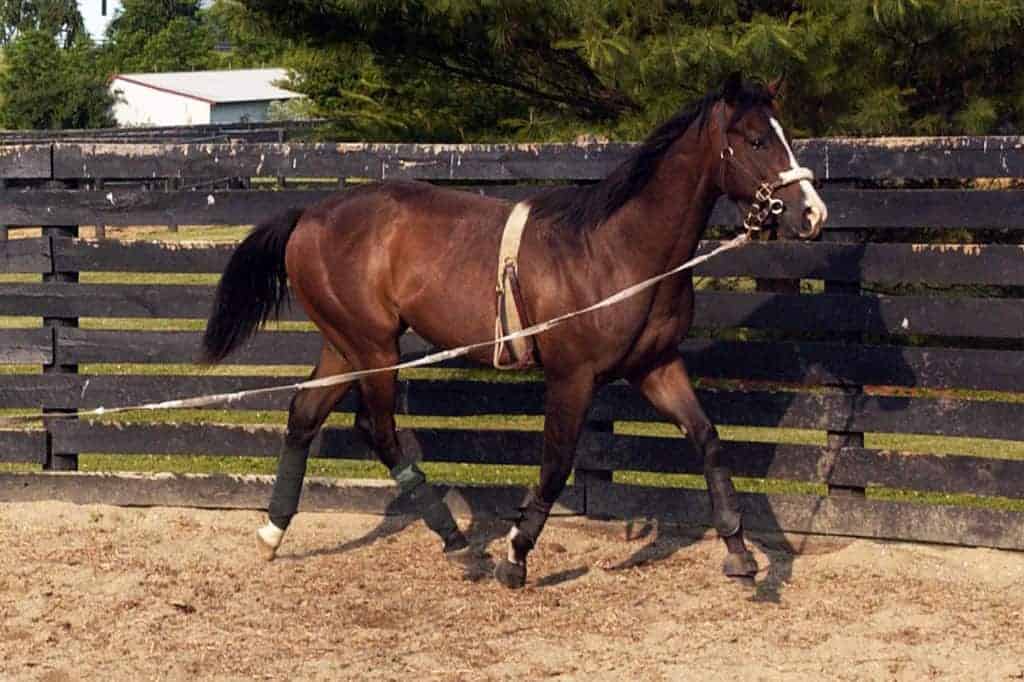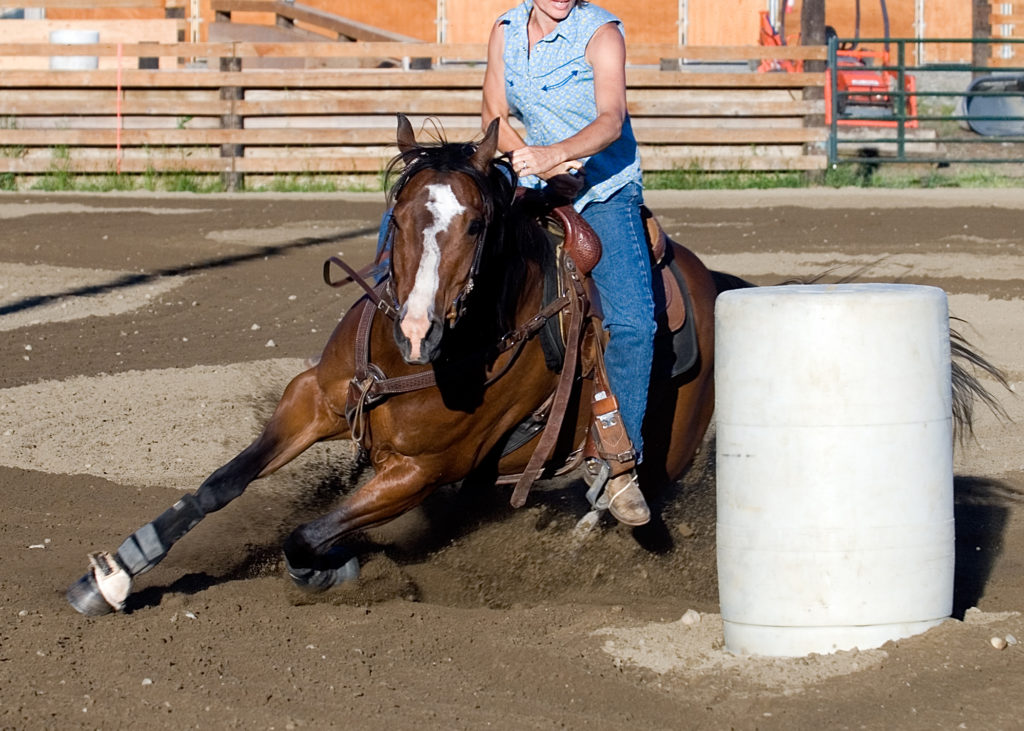
What You Need to Know About Your Horse’s Gut Microbiome
Understanding the equine gut microbiome can help you create and support healthy microbial populations in your horse’s digestive system.

Understanding the equine gut microbiome can help you create and support healthy microbial populations in your horse’s digestive system.

Are you resolving to improve your horse’s nutritional status next year? An equine nutritionist shares her tips.

There are 2 forms of equine gastric ulcer syndrome. A researcher describes how to prevent them.

A veterinarian recommends starting with a forage-based diet for optimal equine joint health.

Born to forage all day, horses constantly secrete stomach acid. Acid-buffers can help meal-fed horses, but will they create future problems? Find out from our equine nutrition expert.

A veterinarian explains how to increase a horse’s weight safely.

Two veterinarians explain 10 things you might not know about equine rehabilitation.

Researchers are redefining the muscular diseases long called “tying-up.” While they seem similar, the causes are different, and each requires specific management.

Judges often place overweight ponies—which could be at greater risk for metabolic issues and laminitis—higher than their leaner counterparts in competition.

Horses with gastric ulcers might appear thin and not perform as well as they used to. But many others never show any outward signs.

Young horses in work have different nutritional needs than their adult counterparts.

The first and second place finishers in the 2022 Tevis Cup describe their feed strategies.

How do you build a nutritional program that supports your high-intensity equine athlete? Three experts share their advice.

Equine athletes have nutritional needs specific to their discipline, workload, and lifestyle. Here’s a closer look at the subtleties of performance horse diets.

Learn about the importation process and how your horse will eat during quarantine before entering the United States.

Researchers found high concentrations of Sarcina, a bacterium associated with poor gastric emptying, in horses’ glandular lesions.
Stay on top of the most recent Horse Health news with
"*" indicates required fields